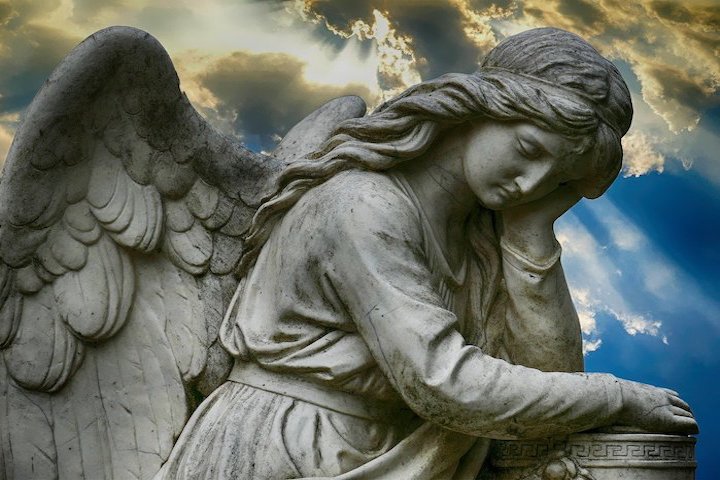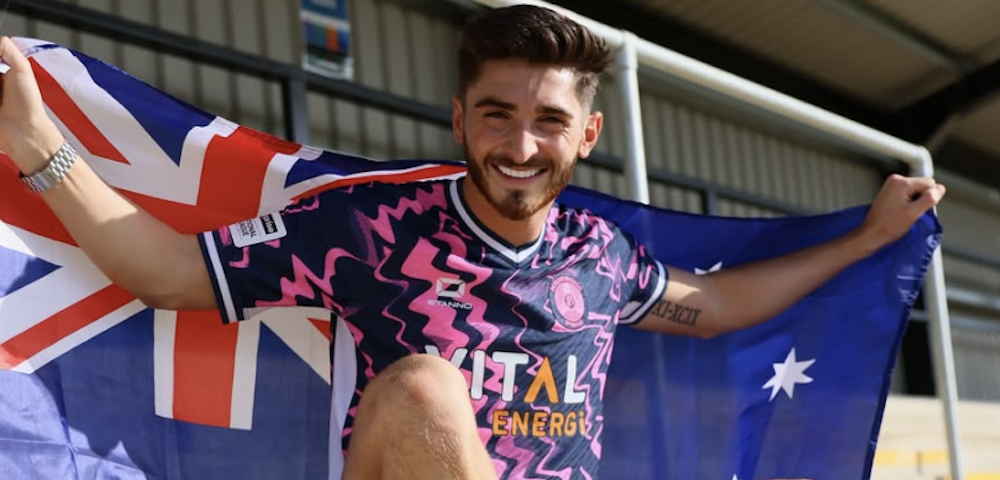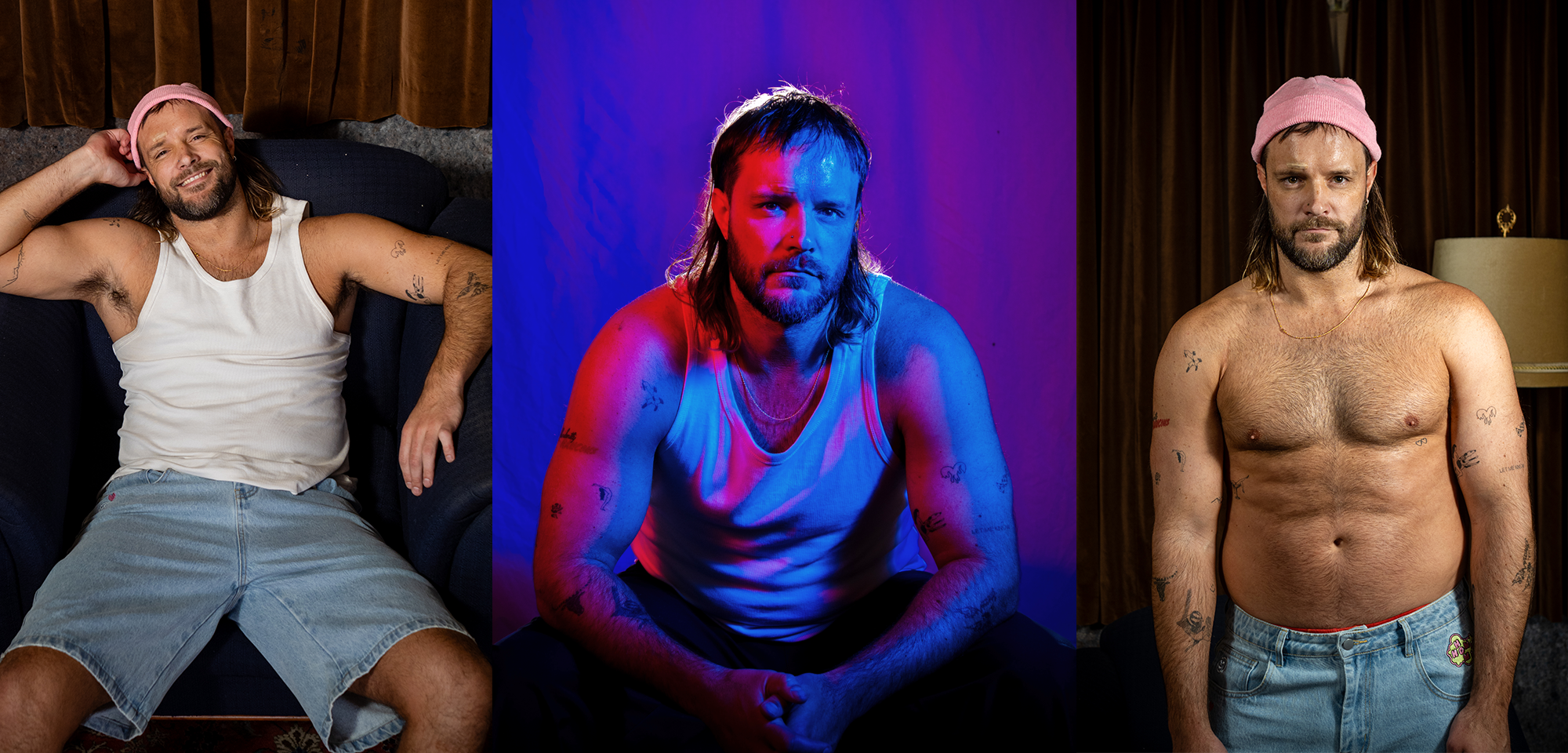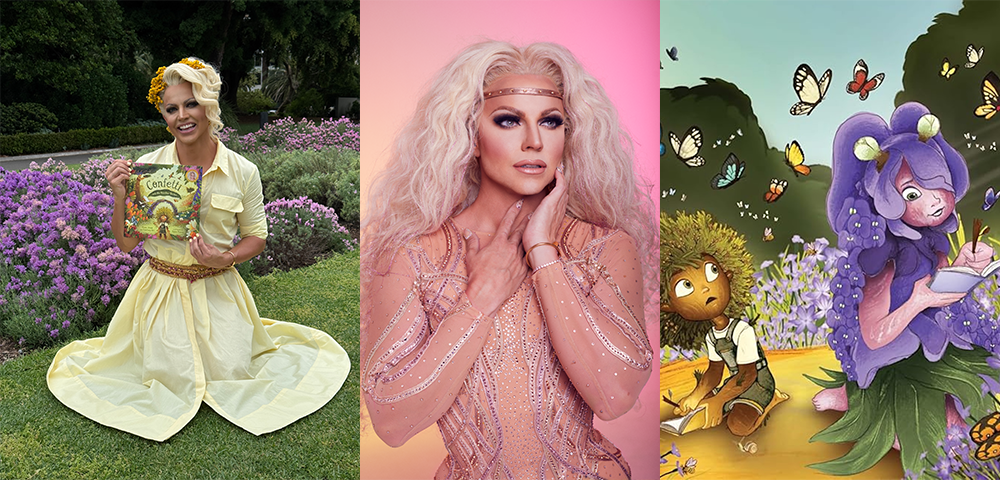
Not much joy in Religious Discrimination Bill

A selection of submissions made to the Attorney General’s Department in response to the proposed Religious Discrimination Bill have been made available on their website.
The department states that it received 6,972 submissions in total, from individuals, organisations and campaigns.
They will publish more submissions over time, but do not expect to publish all of them due to the high number received.
Submissions, listed alphabetically and in PDF form, represent a broad section of the community, including advocacy groups, religious bodies, health services, legal entities, minority groups, educational institutions, employment services, media and many more.
A rough perusal of the submissions reveals that almost no one is pleased with the second draft of the bill, though the reasons vary considerably.
It can reasonably be observed that objections on the part of religious groups are based on self-interest, while objections on the part of non-religious groups tend to show concern for erosion of human rights and equality in what should be a secular society.
Below are extracts from a selection of submissions. They exemplify the concerns across divided interests.
ACON
“All Australians should be free to practise religion if they choose to, and these choices should not impact their ability to engage in public life. Equally, people who choose not to engage in religion should not be excluded from public life, nor should they experience harms from others’ practice of faith. It is important to reflect on the fact that people can, and do, experience discrimination and exclusion on multiple grounds. Many in our communities face potential discrimination for their age, gender or other aspects that make up their person. Anti-discrimination legislation must recognise and be responsive to this.”
“Legal protections need to uphold principles that align with the fair, egalitarian and mutually respectful communities we all want to live in.
We believe that there is a real and material risk that the implementation of the Bill may conflict with the intended purpose outlined in the Objects of the Bill as noted in the Exposure Draft. There has still not been a coherent, evidence-based statement from the Government about which this unprecedented approach, which privileges religion over other grounds for discrimination, is necessary. The proposed legislation presents a clear potential to reduce the human rights of members of our communities, and establish a hierarchical attitude towards human rights, placing the rights of those with religious beliefs or convictions above the rights of others in the community, including those of diverse sexualities and genders.
ANGLICAN CHURCH DIOCESE OF SYDNEY
“The current drafting of RDB2 will involve the courts in a task for which they are ill- equipped. It will lead to a plethora of expert witnesses being called by both sides to establish what is (and is not) reasonably in accordance with the religious beliefs of a “person of the (same) religion” as the defendant.
As Justice Iacobucci points out, “An ‘expert’ or an authority on religious law is not the surrogate for an individual’s affirmation of what his or her religious beliefs are. Religious belief is intensely personal and can vary from one individual to another. Requiring proof of the established practices of a religion to gauge sincerity of belief diminishes the very freedom we seek to protect”.
In some cases it will not be possible for two differing interpretations to both “reasonably accord” with the religion. Either the court will have to prefer one view over another, or it will conclude that that the particular beliefs of the complainant or respondent are not beliefs that are to be attributed to the “relevant reasonable person” and the protections are lost.
This will result in a sincerely and genuinely held belief being defeated as a belief that is not religious simply because of a dispute as to doctrinal interpretation. It will therefore operate oppressively against minority views within a denomination/sect/tradition.
AUSTRALIAN CHRISTIAN LOBBY
“However, we note with concern that new wording of “threaten” and “seriously intimidate” have been added. Commissions, Tribunals and Courts will be able to knock out an otherwise protected statement of belief where it meets the low threshold of being likely to “threaten” or “seriously intimidate”.
These additional qualifying terms are as problematic as leaving ‘vilify’ undefined. There is a danger that any statement of belief that is unpopular may be deemed threatening or seriously intimidating. If the test is whether a statement of belief might be likely to “threaten” and “seriously intimidate”, then only the most mild and non- controversial statements of belief will be protected by cl 42. This would rob this clause of much practical effect.”
AUSTRALIAN WOMEN LAWYERS
“AWL is particularly concerned that the draft Bill, if enacted, would compromise:
(a) access to healthcare for women, on the basis that medical practitioners, nurse practitioners and pharmacists may refuse to treat women on the basis of the women’s religious beliefs. This is particularly so in respect of women’s health needs in relation to contraception, abortion, and fertility services such as assisted reproductive treatment, and even more so for women in remote and regional communities who are already disadvantaged by virtue of the limited range of services they can access; and
(b) access to family violence support (including financial support and advice) on the basis of a woman’s relationship status, marital status, sexual orientation, gender expression, or parenthood experience. All women – and indeed, all people – should be able to access these services regardless of their sexuality, sexual history, marital status, religiosity or lack thereof, and AWL strongly recommends that the Government only provide grants to those organisations that disavow discrimination on religious grounds in the provision of services.”
“AWL is deeply concerned that the proposed legislation will override the current and hard fought for protections that women have under existing state and federal laws. AWL supports a more comprehensive, nationwide discussion about the promotion and protection of human rights; for instance, a human rights charter or other statutory vehicle that properly covers and better balances rights, so that people are free to practice their beliefs without extending that freedom of religious practice to include a freedom to discriminate against others.”
COMMISSIONER FOR CHILDREN AND YOUNG PEOPLE TASMANIA
“… Children deserve to grow up in a community that is accepting of everyone, regardless of gender, sexuality, race or religion … I want the next generation to have no clue what sexism, racism and homophobia is.
CCYP Ambassador, Northern Tasmania.
“I support the right of everyone to freedom of religion and belief and to protections from discrimination on the ground of religious belief or activity (including protection for those who do not hold a religious belief or engage in religious activity).
However, in my respectful opinion, the draft Bill goes too far and unjustifiably undermines the protection of the enjoyment of other human rights and freedoms, including by children and young people.”
DOMESTIC VIOLENCE NSW
Believe that the RDB will enable violence and coercive control and reduce rights for women.
“The proposed Bill has the potential to increase gender inequality due to the adherence to rigid or
stereotypical gender roles supported by religious beliefs such as:
Men are the protectors and maintainers of women because they are stronger
[Quran]
Women must submit to her husband or learn to stay silent.
[Ephesians 5: 22-23; 1 Timothy 2: 11-12]
DVNSW is concerned that religious statements such as these are purposefully twisted and applied to dangerously maintain gender inequality and will have negative consequences for women, including to tell women to endure violence.”
SYDNEY QUEER MUSLIMS
“For the past 3 years, we have been working hard to tackle the issue of religious trauma experienced by LGBT Muslims, which is borne out of the orthodox interpretation of the stories of Soddom and Gommorrah.
The orthodox interpretation has led to families turning on their backs on their children, brothers beating brothers, and the oppression of thousands. Depression and suicidal ideation are common experiences amongst LGBT Muslims.
We do not believe in the orthodox interpretation. The second draft will remove the freedom for alternative interpretations to exist. Governments should not privilege one interpretation over another especially when it specifically puts minority beliefs at a disadvantage.”
You can read the submissions in full at the Attorney General Department website.










If the bill does go through, apparently, through our own beliefs, we could reply back to the current ‘religious’ views blaming us for the coronavirus, with something like…
???? What an odd God to “punish the world with the coronavirus” for LGBTIQA+ progression.
If it’s revenge, wouldn’t it be for something more destructive like the religious bodies allowing child and elder abuse?